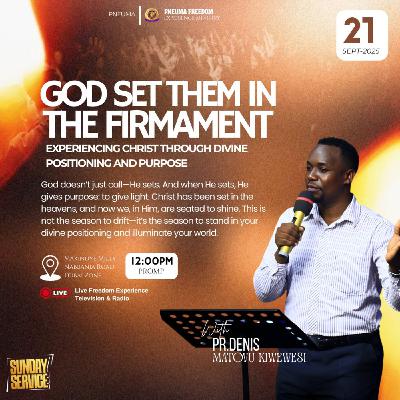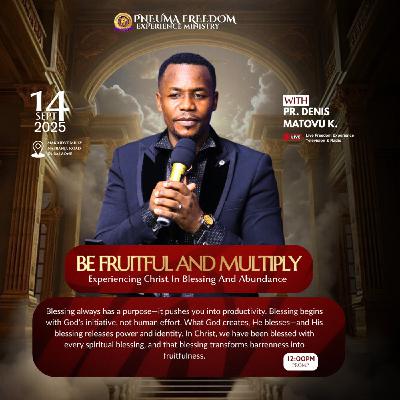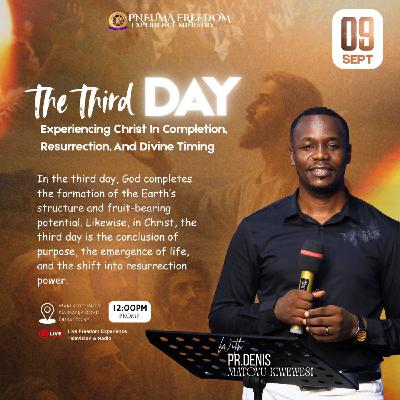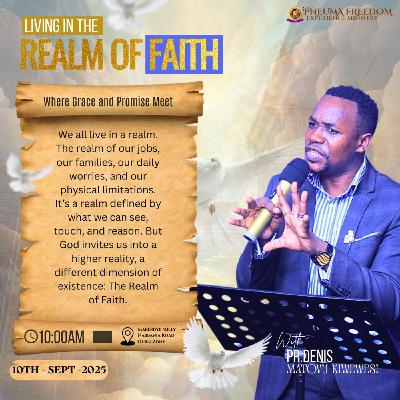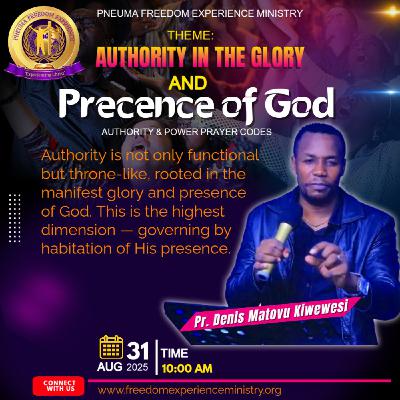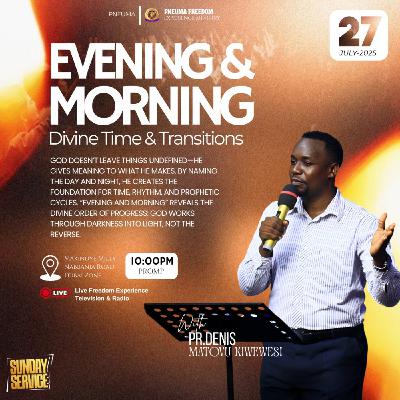EXPERIENCING CHRIST'S NEW TESTAMENT PLAN SE02 EP07
Update: 2023-08-01
Description
13. Another Angel
At least four times in the book of Revelation Christ is called “another Angel” (Rev. 8:3; 7:2; 10:1; 18:1). Christ is called another Angel in this book because He is the One sent by God to carry out His economy.
This Angel is Christ. In the administration of God’s judgment upon the earth, Christ is the Angel standing on the position of One who has been sent by God. In a very positive sense, Christ is everything; He is whatever the economy of God needs. Revelation specifically describes Christ as another Angel indicating that He is not a regular or common angel but a special Angel.
In the heavenly scene portrayed in Revelation 8 Christ appears as another Angel to execute God’s administration over the earth in the way of ministering to God as the High Priest with the prayers of His saints. As He offers the prayers of His saints to God, He adds His incense to them. The first altar in Revelation 8:3 refers to the altar of burnt offering (cf. Exo. 27:1-8), and the golden altar before the throne refers to the incense altar (cf. Exo. 30:1-9). The golden censer signifies the prayer of the saints, which is brought to God by Christ as another Angel. The incense signifies Christ with all His merit added to the prayers of the saints so that the saints’ prayers may be acceptable to God upon the golden altar.
At least four times in the book of Revelation Christ is called “another Angel” (Rev. 8:3; 7:2; 10:1; 18:1). Christ is called another Angel in this book because He is the One sent by God to carry out His economy.
This Angel is Christ. In the administration of God’s judgment upon the earth, Christ is the Angel standing on the position of One who has been sent by God. In a very positive sense, Christ is everything; He is whatever the economy of God needs. Revelation specifically describes Christ as another Angel indicating that He is not a regular or common angel but a special Angel.
In the heavenly scene portrayed in Revelation 8 Christ appears as another Angel to execute God’s administration over the earth in the way of ministering to God as the High Priest with the prayers of His saints. As He offers the prayers of His saints to God, He adds His incense to them. The first altar in Revelation 8:3 refers to the altar of burnt offering (cf. Exo. 27:1-8), and the golden altar before the throne refers to the incense altar (cf. Exo. 30:1-9). The golden censer signifies the prayer of the saints, which is brought to God by Christ as another Angel. The incense signifies Christ with all His merit added to the prayers of the saints so that the saints’ prayers may be acceptable to God upon the golden altar.
Comments
In Channel


